Sanchez’s positive experience at Steeplechase Cancer Center has inspired her to pay it forward... she plans to become a medical assistant.
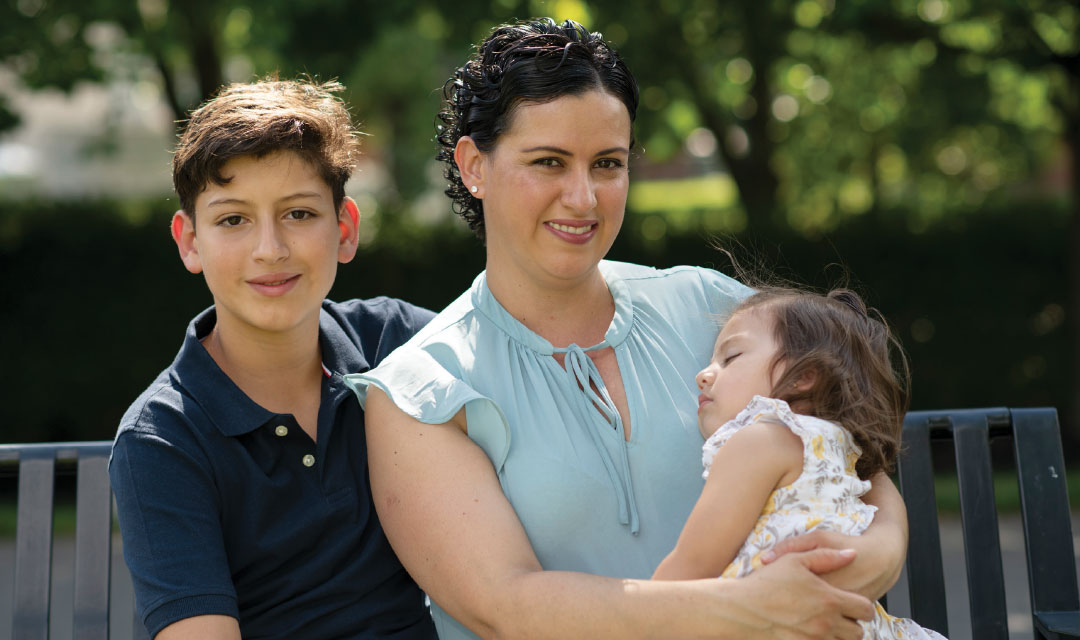
Evelyn Sanchez was watching a movie one evening in April 2021 when she casually scratched an itch. The now-35-year-old Bound Brook resident jolted to attention when her fingertips ran over a lump below the skin of her right breast.
The discovery marked the beginning of an odyssey. First came the startling diagnosis: Sanchez had stage 2 breast cancer and tested positive for HER2, a protein that promotes the growth of cancer cells.
Terrifying for anyone, Sanchez’s breast cancer was also disturbingly uncommon for a woman her age. An estimated 1 in 8 women in the United States will be diagnosed with breast cancer in their lifetime, but women in their 30s develop the disease relatively rarely, according to the National Cancer Institute.
“I cried a lot, thinking of both my kids,” says Sanchez, who is the mother of a 12-year-old boy and a baby daughter who had been born just five months before she discovered her lump. “I was scared I was going to die. But my doctors told me my cancer was treatable.”
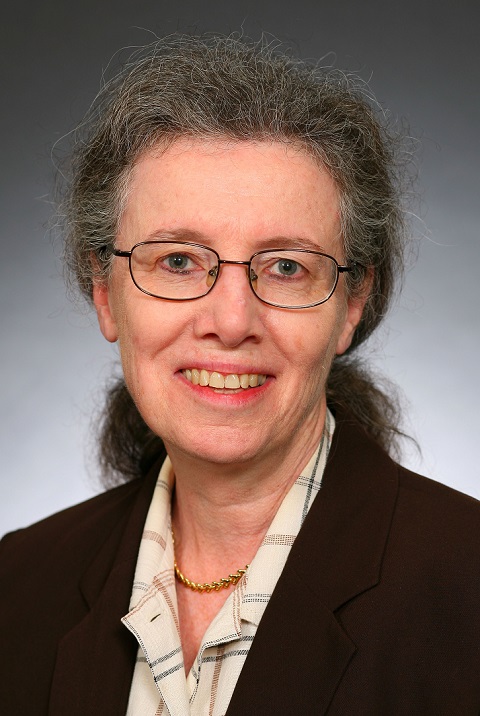
Patient Support
For the next phase of her odyssey, Sanchez chose to be treated at Robert Wood Johnson University Hospital (RWJUH) Somerset’s Steeplechase Cancer Center on the recommendation of a cousin who had been successfully treated there. Kathleen Toomey, MD, Medical Director at the center and a hematologist/oncologist with RWJBarnabas Health Medical Group, laid out a stepwise treatment plan for Sanchez.
It started with 12 weeks of chemotherapy to shrink Sanchez’s tumor. Sanchez also enrolled in a clinical trial that aims to determine whether patients with HER2-positive breast cancer can reduce their odds of needing further chemotherapy after surgery by adding two HER2-targeted drugs to standard chemotherapy.
“Clinical trials are important because in order to continue improving cancer cure rates, you have to keep trying new approaches,” Dr. Toomey says.
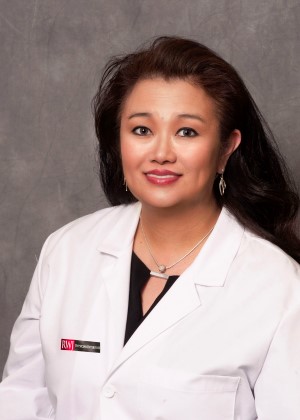
Sanchez went through a period of coping with treatment-related side effects such as fatigue, mouth sores and hair loss that can make handling the details of care challenging. Kimberly Cromwell-Piniella, BSN, RN, CBCN, OCN, a breast cancer nurse navigator at Steeplechase Cancer Center, stepped in to help.
“Our nurse navigator has the compass, helping patients navigate through the system and get the treatment they need, while adding education about what’s happening to them,” Dr. Toomey says.
“I didn’t have a mind for making appointments, and the nurse navigator helped me with all of that,” Sanchez says. “I was lucky to have such a good team.”
Next came a lumpectomy procedure in September 2021 performed by breast surgeon Deborah Lue, MD, to remove the cancerous growth and lymph nodes near the breast, followed by radiation therapy with radiation oncologist Laura Bond, MD, and reconstructive surgery by plastic surgeon Colin Failey, MD. Throughout treatment, Dr. Toomey became “like a friend,” Sanchez says— calming her fears and reassuring Sanchez that a mastectomy to remove her entire breast wasn’t necessary to beat the disease.
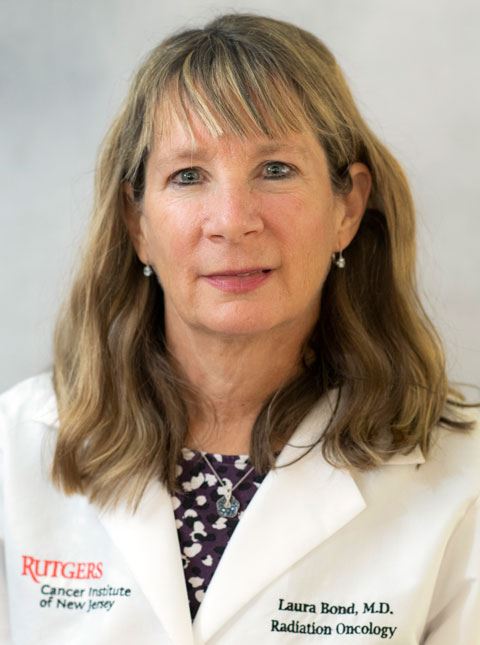
“Doing more isn’t necessarily better,” Dr. Toomey says of highly personal decisions about which surgical approach to take. “Lumpectomy can offer many women a better cosmetic result than more drastic procedures without affecting survival odds. We support our patients as much as we can.”
Sanchez found additional support through the Steeplechase Cancer Center’s Sanofi US Wellness Boutique, which offers items specific to cancer patients such as wigs, prostheses and post-recovery bras and pillows. Other support offered through the center includes scalp-cooling treatment to prevent hair loss for those undergoing chemotherapy.
Finally, when doctors found tiny quantities of cancer cells remaining in Sanchez’s breast after surgery, additional chemotherapy was combined with the anti-HER2 treatment involved in the clinical trial. Sanchez wrapped up her yearlong regimen in spring 2022.
“There’s every reason to think she’s going to be fine,” Dr. Toomey says. “Breast cancer treatments are highly successful these days because we know more about how to treat them, we’re continuing to do research and outcomes get better and better.”
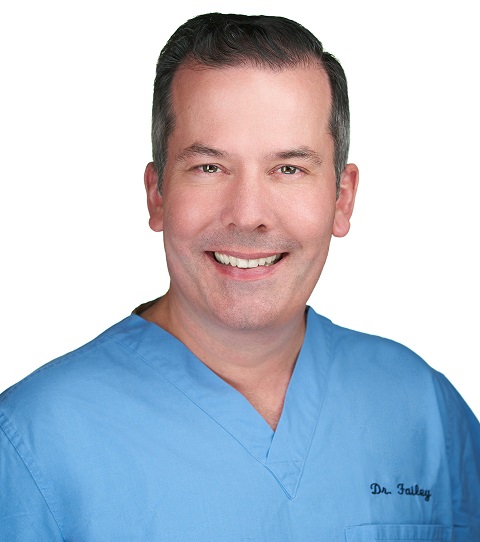
Inspired to Help Others
Steeplechase staff will monitor Sanchez for years. As part of a “survivorship prescription,” she learns about potential short- and long-term side effects from her array of treatments along with red- flag symptoms to watch for and tests she may need. She’ll continue to schedule regular mammogram screenings and clinical breast exams.
Sanchez’s positive experience at Steeplechase Cancer Center has inspired her to pay it forward. With support from her husband, Jason, and children, Fabian and Camila, she plans to become a medical assistant.
“I want to help other people, especially those who don’t speak English,” says Sanchez, a native of Costa Rica whose first language is Spanish. “It’s hard to have this diagnosis and not understand what has happened. I also just want to live day by day and make more memories with my family.”
The Added Benefits of Clinical Trials
Through the partnership of Robert Wood Johnson University Hospital (RWJUH) Somerset’s Steeplechase Cancer Center and Rutgers Cancer Institute of New Jersey, the state’s only NCI-designated Comprehensive Cancer Center, patients have access to the latest clinical trials. Potential benefits include:
- Working with top specialists who conduct research and are highly knowledgeable about the latest treatments.
- Being offered cutting-edge treatments not yet available to the general population that may help you live longer and/or improve your quality of life.
- Playing a meaningful role in a study that could help other patients in the future.
Learn more about Breast Cancer Services at Robert Wood Johnson University Hospital Somerset’s Steeplechase Cancer Center in Somerville, New Jersey.